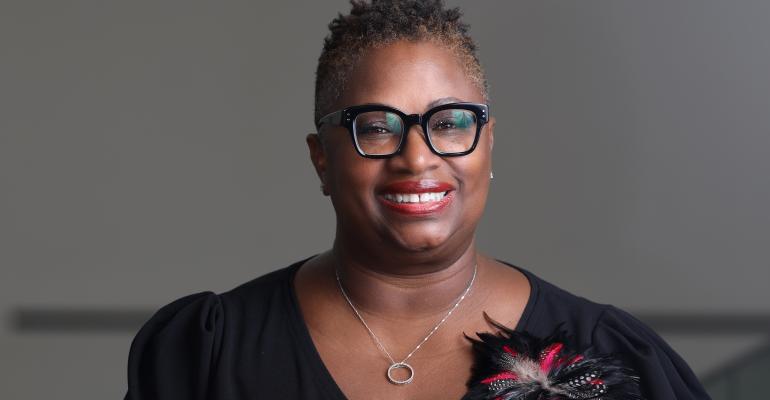Desirée Knight, CAE, CMP, DES, current chair of the board of directors for the Professional Convention Management Association, recently joined the American Psychological Association as senior director of meetings and events.
Bringing more than 25 years of experience in strategy, planning, and production to the job, Knight will oversee APA’s annual convention, which draws about 10,000 psychologists from across the country, plus manage other events for the association throughout the year. Prior to the APA, Knight was the senior director, education & meetings at the American Railway Engineering Maintenance-of-Way Association.
MeetingsNet caught up with Knight in early March, shortly after she started in her new role, to ask her about changes in the profession looking backward and forward.
MeetingsNet: What have you learned about attendees and their educational experience at meetings that you didn’t know when you started the business?
Desirée Knight: When I started my career, I did not know how associations operate, and I certainly didn’t understand the importance of members maintaining their education/certifications. Fast forward to the present day, and I now know there are four distinct learning styles: visual, auditory, read/write, and kinesthetic. This is important because when building out educational experiences, you must incorporate components of each to appeal to a mass audience. Attendees are looking for an experience that appeals to them, and as business event strategists it is crucial that we understand this concept when designing events.
MeetingsNet: Five years from now, what won’t we be doing on the trade-show floor that we’re doing today?
Knight: We will not be doing appointments on the trade-show floor. We must rethink this concept and find new approaches to customer engagement. This will require the industry to develop new approaches to KPIs and different measurement tools. In the end, we are responsible for creating engaging events for our stakeholders. Setting appointments within the trade-show environment is not engaging and, quite frankly, for some, not a good use of time. Creating collaborative spaces with AI gadgets or open forums to discuss current trends and issues will help vendors and buyers reset their views on developing business. The next generation of trade-show attendees are looking for engaging content and not just 15-minute appointments.
MeetingsNet: How would you say the pandemic impacted the way you think about event design, or other aspects of your role as a meeting professional?
Knight: The pandemic required organizations to shift mindsets around delivering education, including attendee engagement. Virtual platforms to support online conferences and educational content make year-round, on-demand access easily attainable. This requires event professionals to be hands on and to help lead the branding efforts. After all, virtual platforms do not have borders. This gives organizations the opportunity to position themselves globally and to reach an audience that was not available to them in the past.





